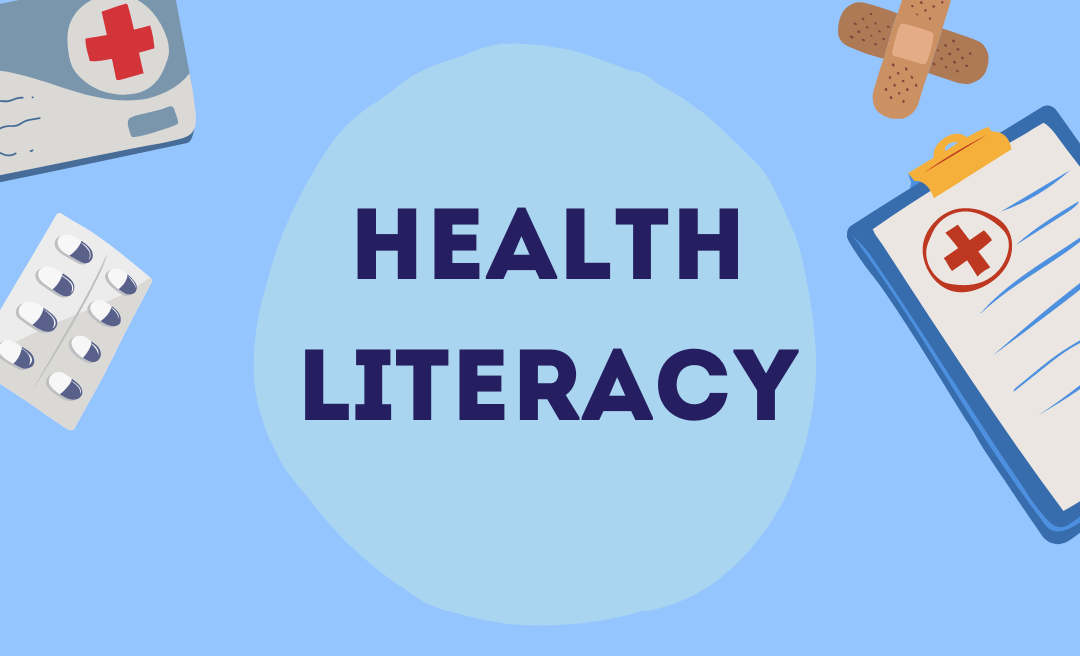In today’s complex healthcare world, the ability to understand and navigate medical information has become more crucial than ever. Health literacy—defined as the capacity to obtain, process, and understand basic health information and services needed to make appropriate health decisions—serves as a fundamental determinant of health outcomes. This essential skill extends far beyond simply reading medical pamphlets or understanding prescription labels.
It encompasses critical thinking about health information, effective communication with healthcare providers, and the ability to make informed decisions that impact personal and community well-being. With studies showing that only 12% of Americans possess adequate health literacy skills, understanding why this matters has never been more important for individuals, families, and healthcare systems alike.
The Foundation of Informed Healthcare Decisions
Health literacy serves as the cornerstone for making informed healthcare choices throughout life. Individuals with higher health literacy levels demonstrate significantly better abilities to understand available nutrition information, interpret medical statistics, and evaluate treatment risks and benefits. This capability becomes particularly vital when facing complex medical decisions or managing chronic conditions that require ongoing self-care.
The impact extends beyond individual decision-making. People with adequate health literacy skills are more likely to engage in preventive care, understand the importance of routine screenings, and follow treatment protocols effectively. This proactive approach to healthcare management leads to earlier detection of health issues and more successful treatment outcomes.
Breaking Down Healthcare Barriers
Limited health literacy creates substantial barriers to accessing and utilizing healthcare services effectively. Research demonstrates that individuals with low health literacy experience increased hospitalizations, higher emergency department visits, and greater healthcare costs. These patterns occur because people struggle to navigate complex healthcare systems, understand treatment instructions, or recognize when preventive care is needed.
The consequences are particularly severe for vulnerable populations, including elderly adults, racial and ethnic minorities, low-income individuals, and non-native English speakers. These groups face compounded challenges that can reinforce existing health disparities and limit access to quality care.
Economic Impact and Healthcare Efficiency

The economic implications of health literacy are substantial and far-reaching. UnitedHealth Group research reveals that if all counties achieved high health literacy levels, the healthcare system could prevent nearly 1 million hospital visits annually and save $25.4 billion in Medicare costs alone. These savings result from reduced emergency department visits, fewer avoidable hospitalizations, and decreased hospital readmissions.
Individuals with limited health literacy may incur up to $7,000 more in annual healthcare costs compared to those with adequate skills. This financial burden stems from medication errors, delayed diagnoses, and the need for more intensive medical interventions that could have been prevented through better health management.
Improving Health Outcomes Across Communities
Health literacy functions as a stronger predictor of health status than income, employment, education level, or racial background. Communities with higher health literacy rates experience better health outcomes, including increased vaccination rates, improved chronic disease management, and reduced mortality rates.
The benefits extend beyond individual health to encompass community-wide improvements. Health-literate populations are better equipped to engage in collective health promotion activities, advocate for policy changes that address health determinants, and hold governments accountable for health equity initiatives.
Building a Health-Literate Society
Improving health literacy requires collaborative efforts from healthcare providers, policymakers, and communities. Healthcare organizations must prioritize clear communication, provide accessible health information, and ensure that medical services accommodate diverse literacy levels. This includes developing materials written at appropriate reading levels, using visual aids effectively, and training healthcare staff in health literacy principles.
Educational initiatives and community programs play crucial roles in building health literacy skills across populations. These efforts should focus on developing critical thinking abilities, improving communication skills with healthcare providers, and enhancing understanding of how healthcare systems function.
Health literacy matters because it empowers individuals to take control of their health, make informed decisions, and navigate complex healthcare systems effectively. As healthcare continues to evolve, investing in health literacy becomes essential for achieving better health outcomes, reducing healthcare costs, and promoting health equity across all communities.

